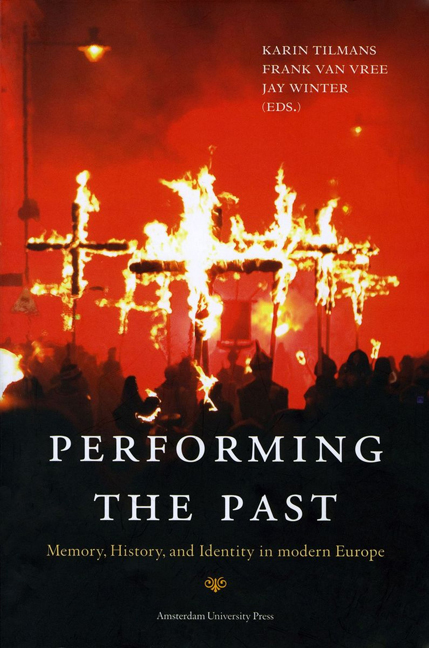Chapter 8 - Radio Clandestina: from Oral History to the Theatre
Published online by Cambridge University Press: 15 January 2021
Summary
‘I was reading Alessandro Portelli's The Order has Been Carried Out’, writes Mario Martone, a filmmaker and former director of Rome's public theatre, ‘and I could almost hear the voices of the many witnesses, women especially, that run through it. I thought there was the material there for a performance that would allow us to really hear these voices as they tell their stories’.
The Order has Been Carried Out is an oral history narrative of the memory, meaning, and history of the most traumatic and symbolic event in the history of World War II in Italy: the Nazi massacre on 24 March 1944 at the Ardeatine Caves in Rome, in which 335 men were executed by the Germans, ostensibly in retaliation for a partisan attack that killed 33 Nazi policemen attached to the SS the day before. The action had been taken by an underground group known as GAP (Gruppo di Azione Patriottica), as part of the urban guerrilla warfare that opposed the German occupation of the city of Rome (8 September 1943 – 6 June 1944). The Germans’ immediate response was mass retaliation: ‘ten Italians for each German killed’. Men were rounded up in the city jail, in the SS detention house at Via Tasso, and literally off the street. They were brought on trucks to an abandoned quarry known as the Ardeatine Caves (Fosse Ardeatine) and shot in the back of the head until the corpses piled up and almost filled the narrow underground space.
In the post-war years, conservative forces (including the Catholic Church and mass magazines) instilled in the public opinion the false belief that before carrying out the massacre the Germans had requested the partisan ‘perpetrators’ to deliver themselves. Thus partisans’ failure to do so made them, rather than the Nazis, responsible for the death of the 335 men executed at the Fosse Ardeatine. In fact, the Germans decided to proceed with the retaliation immediately, they never requested the partisans to turn themselves in, and they didn't even actively search for them: they were less interested in punishing the ‘perpetrators’ than in frightening the population. This false belief, however, was instrumental in demeaning the morality and meaning of the Resistance and undermining the anti-Fascist culture on which Italian democracy was based.
- Type
- Chapter
- Information
- Performing the PastMemory, History, and Identity in Modern Europe, pp. 175 - 184Publisher: Amsterdam University PressPrint publication year: 2012



